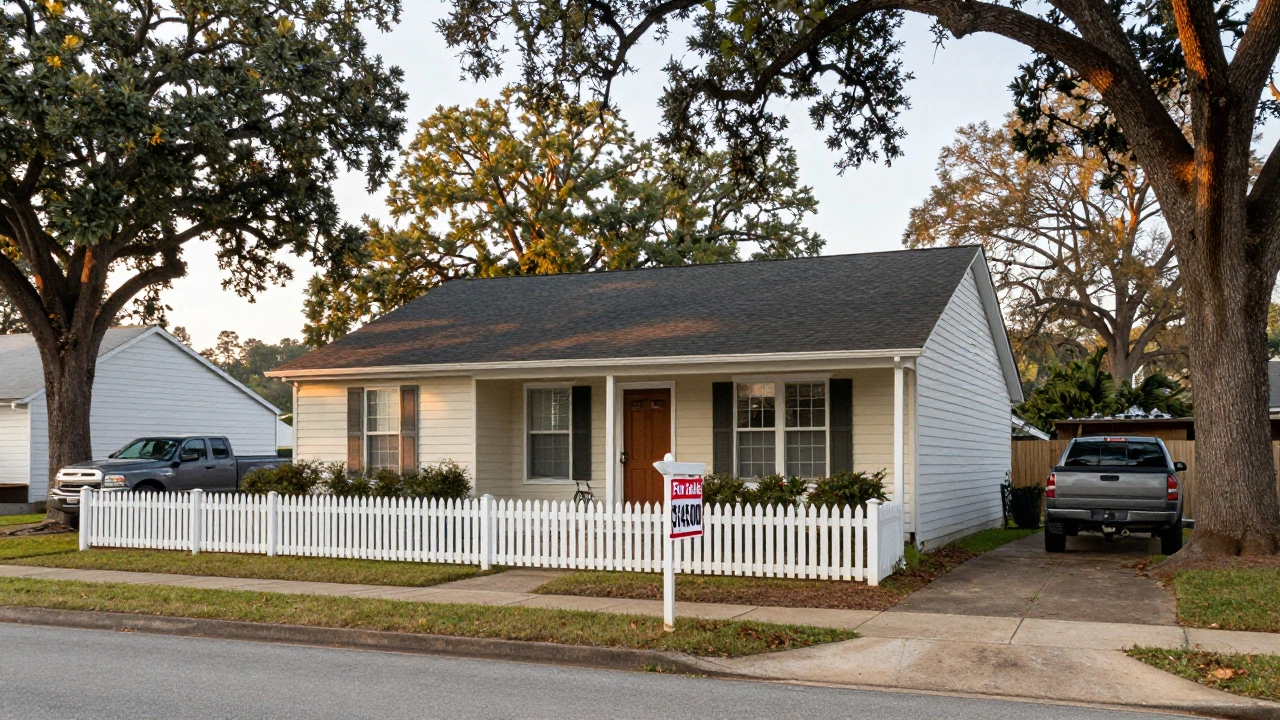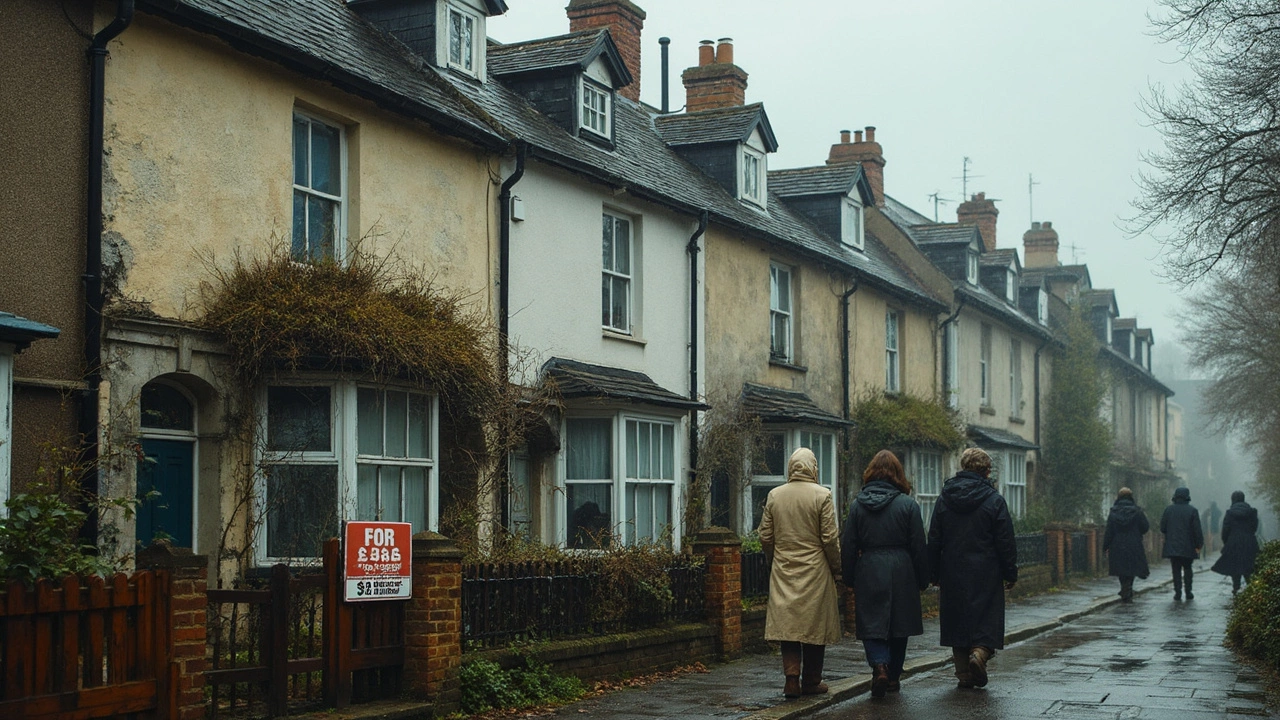Mississippi is the cheapest state to live in 2025, with median home prices under $190,000 and low taxes. Discover the top affordable states for housing, cost of living, and retirement - and what trade-offs to expect.
Cheap Houses for Sale: Your Guide to Budget‑Friendly Home Buying
Looking for a place to call home without breaking the bank? Cheap houses for sale aren’t a myth – they’re out there if you know where to look and what to expect. This guide walks you through the most useful ways to find low‑cost properties, what to check before you commit, and how to stretch every pound of your budget.
Where to Look for Cheap Houses
Start with the websites that list every property on the market. Sites like Rightmove, Zoopla and local estate agents often have filters for price range, so set the maximum to your budget and let the results roll in. Don’t forget the “auction” section – many houses sell at auction for well below market value. You’ll need to act fast, but the savings can be huge.
Another goldmine is the “price‑reduced” listings. Some sellers cut the price after a property sits on the market for months. Sign up for alerts so you get an email the moment a drop happens. If you’re flexible about location, explore towns and villages a bit farther from city centres. Post‑industrial areas, former mining towns, and coastal villages often have lower prices and room to grow.
Tips to Get the Best Deal
Before you fall in love with a cheap price tag, do a quick repair checklist. A low‑cost home can hide expensive problems – damp, roof leaks, or outdated wiring. Get a professional survey if the seller agrees; the cost of a survey is tiny compared to unexpected repairs later.
Financing matters. Talk to your mortgage broker about low‑deposit schemes, government grants, or shared‑ownership options. In some regions, first‑time buyer programs can cover part of the down payment, making a cheap house truly affordable.
Negotiation is still your friend. Even a small reduction can tip the scales. Use facts: recent comparable sales, needed repairs, and how long the house has been on the market. Sellers often prefer a quick, hassle‑free sale over holding out for a higher offer that may never come.
Finally, think long term. A cheap house today could become a solid investment if the area improves. Look for signs of development – new transport links, schools, or shops. Those signals usually push prices up, giving you equity without extra work.
In short, cheap houses for sale are a realistic goal if you use the right tools, stay patient, and keep an eye on hidden costs. Start searching, set alerts, and be ready to move fast when a good deal appears. With a bit of research, you can own a home that fits your budget and your life plans.
Ever wondered just how cheap a house can really get? This article dives into the world of the lowest-cost housing options, from tiny homes to fixer-uppers and crazy cheap listings in unlikely places. You’ll learn where to find these bargains, what hidden costs hide behind the price tag, and tips to avoid common pitfalls. Get ready to rethink everything you know about affordable housing.

